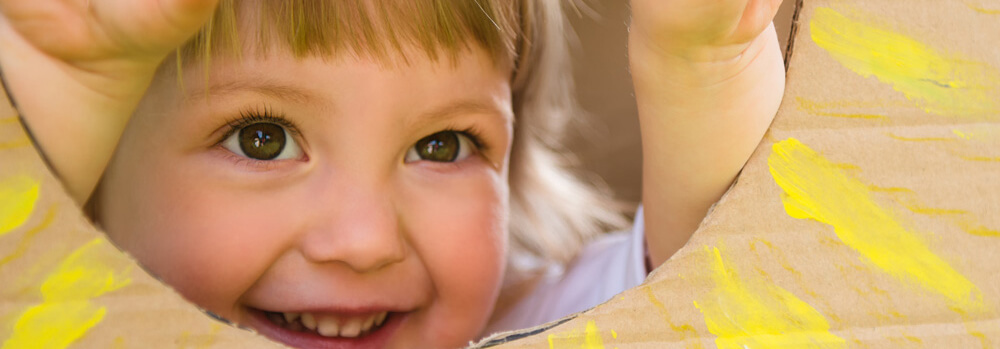At our dentistry for children in Clackamas, Dr. Suess understands that parents have a lot of questions when it comes to helping to protect their child’s oral health development. While many parents have a good understanding of when to expect their child’s first words, first steps, and other major milestones, they occasionally tend to overlook oral health milestones that mark important times in the development of a child’s teeth and gums.
Let’s take a look at some of the basics behind early dental care, and what every parent should know about their kids’ oral health development.
When Will Teeth Develop?
As with the development of every child, it varies from baby to baby in when their teeth will develop. While the majority of kids will start to develop teeth around the age of six months, it’s entirely possible that your child will reach their first birthday without having formed any teeth.
Generally, when a child does start to form teeth, they develop their lower front teeth first. However, the next set of teeth form in the upper region of the mouth to where the development occurs in this order – lower, upper, upper, lower. Most kids will have developed a complete set of primary, or baby, teeth by the age of three.
For parents, don’t get overly concerned about when your child starts to develop their teeth, but remained focused on practicing quality oral hygiene when they do.
How Do I Care for My Baby’s Teeth?
Oral hygiene habits need to start from the day your baby is born. After each feeding, parents should gently wipe their baby’s gums using a clean washcloth or sterile piece of gauze. Wiping the gums will remove any buildup of excess formula that remains after a feeding. Formula contains sugars that plaque, the bacteria most responsible for the development of cavities, can use to multiply in a baby’s mouth.
Because oral bacteria starts to grow in our mouths from the day we’re born, parents must start brushing their kids’ teeth as soon as they develop. Once your child develops a first tooth, spend a minute gently brushing the tooth using a baby-size toothbrush. Don’t worry about using toothpaste yet, just focus on keeping your child’s tooth clean.
What Should I Look Out for Regarding My Child’s Teeth?
One of the most common issues that can impact a child’s oral health development is a condition referred to as Baby Bottle Tooth Decay.
As we mentioned earlier, formula and even breast milk contain sugar. When a child feeds using a bottle, that sugary liquid comes into direct contact with the child teeth, because, as we also mentioned, the front teeth are the first to develop.
When a child is laid down with a bottle, they feed before falling asleep. This basically covers the child’s front teeth in a sugary liquid plaque can use as fuel to not only grow more, but to also damage the delicate enamel of your child’s teeth. Baby teeth, especially early on, are far more prone to the effects of plaque then later on once they child has received exposure to fluoride.
Parents should never lay their child down with a bottle containing anything other than plain water. After each feeding from a bottle, parents need to brush their child’s teeth to remove plaque deposits and prevent early decay from occurring.
Why Do My Child’s Baby Teeth Matter?
While it’s easy to think of a baby teeth as only temporary, they play an important role in the formation of a child’s permanent teeth.
Baby teeth act like space holders that work to guide permanent teeth into position. When a child loses their baby teeth at a young age, permanent teeth can form crooked, crowded, or misaligned. This greatly increases the chance that a child will need orthodontic treatment to correct oral health issued caused by the early loss of the baby teeth.
When Should We First Visit a Dentistry for Children in Clackamas?
Parents should schedule their child’s first visit to see Dr. Suess at our dentistry for children in Clackamas shortly after the formation of their first tooth or by the age of one, whichever comes first.
While this may seem like an early age for a trip to see the dentist, early exams provide Dr. Suess with the chance to spot any signs of decay or any problems with a child’s oral development. Additionally, kids who start visiting the dentist at an early age become far more comfortable with the idea of a stranger looking inside of their mouths than when a child’s first visit isn’t until the age of three or four.
If you have any questions about what to expect during the early days of your child’s oral development, make sure to ask Dr. Suess during your next appointment at Clackamas Smiles.

